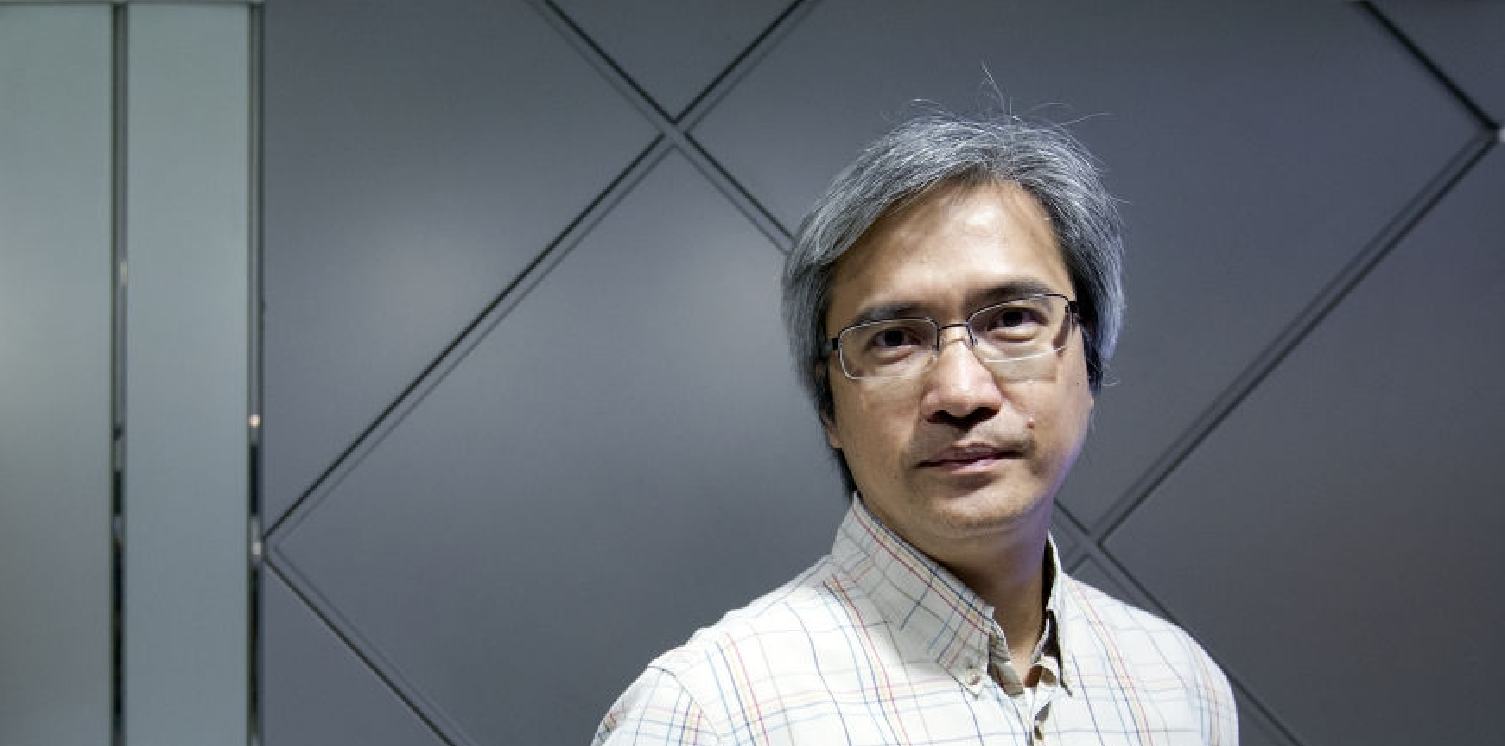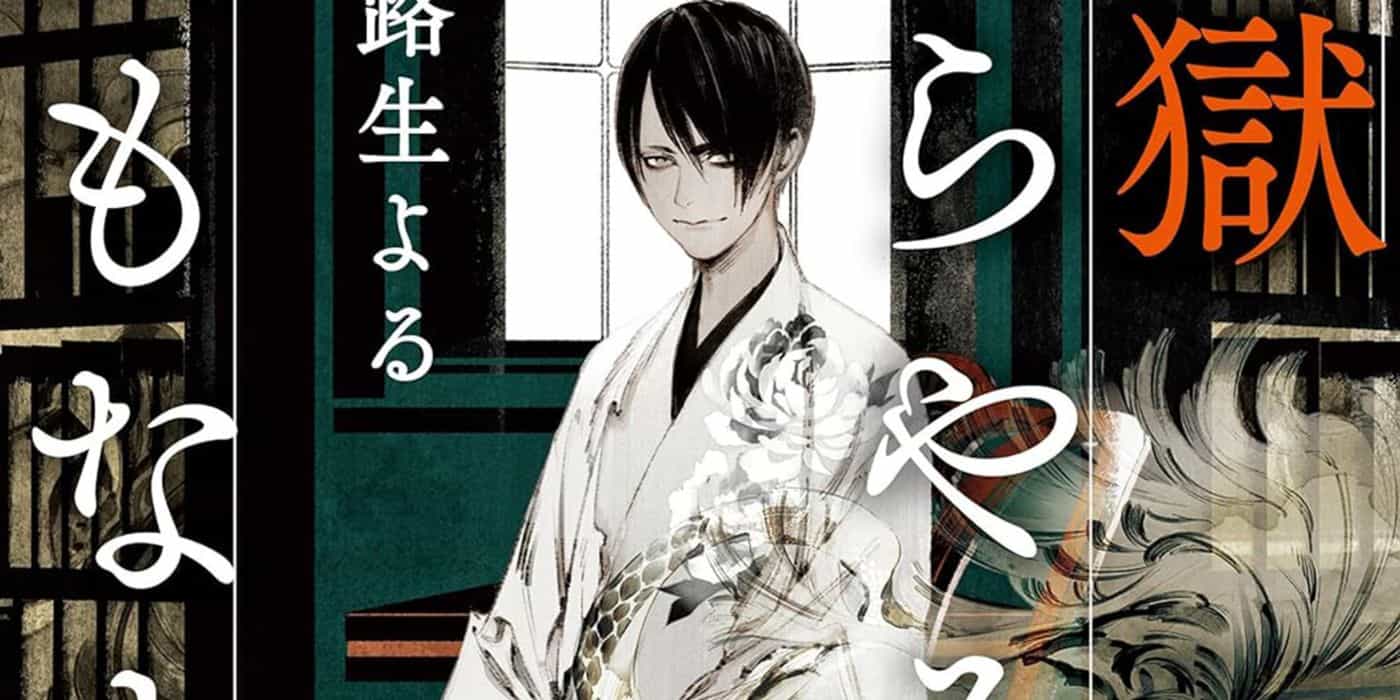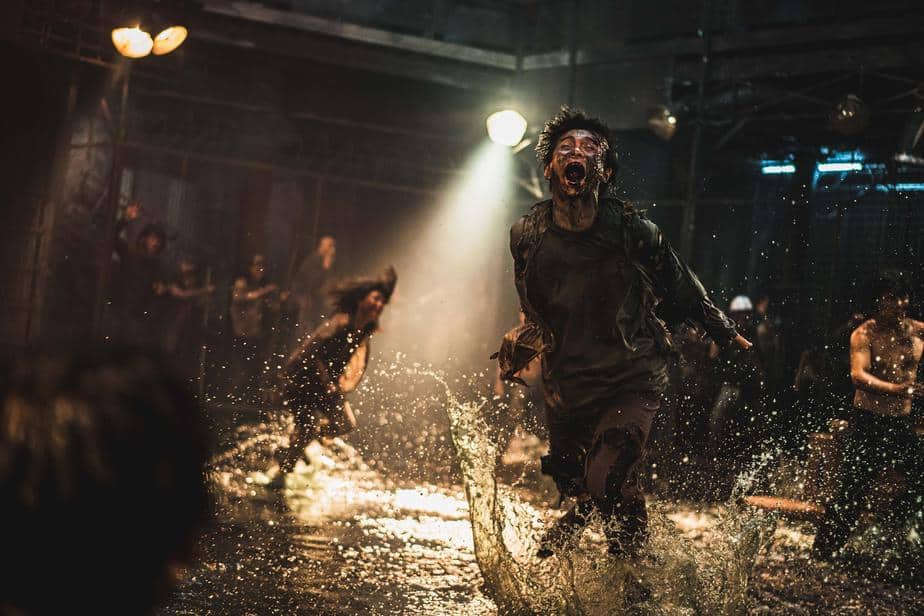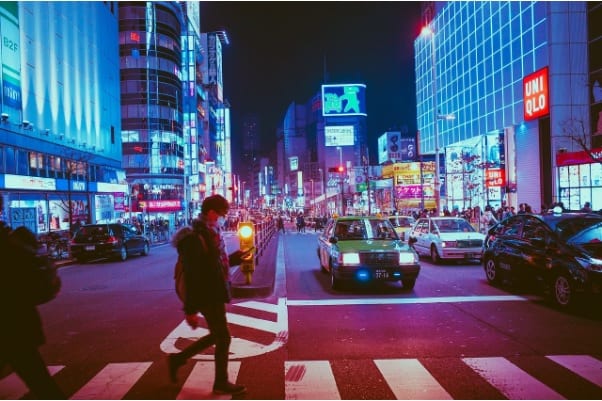Winner of this year's Jean-Luc Xiberras Award for First Film at the Annecy International Animated Film Festival, Yifan Bao's “The Town” is a stellar Satoshi Kon-esque debut chafing against censorship and conformity. Like the late Kon's thematic emphases on the physical and fantastical (as seen in features like “Perfect Blue” (1997)), Bao's film dabbles in the the psychological struggle between looking for one's self-identity with social acceptance.
In the quiet local of “The Town,” everyone – or at least, everyone who's someone – wears a mask. These aren't like your average face masks, however; only successful applicants can alter their facial appearance forever. The masks are commonly-acknowledged symbols of respectability. Masks make people beautiful, masks make marriage easier, masks bring everyone closer together — or so it goes.
However, for Ruoqing – one of the mask factory's best craftsmen – the prospect of wearing a mask of her own grows slimmer by the day. She's only growing older, and her younger brother Laiyong doesn't make things easier whenever he stirs a ruckus at school. When Ruoqing gathers the courage to confront her personal plagues, she uncovers family secrets that may have best been left hidden.
For a film so intent on maintaining a unique identity, Bao's short plays alongside another film with a similar theme: this year's Korean Contrechamps competitor “Beauty Water” (Cho Kyung-hun, 2020). “Beauty Water”‘s B-movie-styled horror feature about a girl's obsession with altering her appearance. (“Beauty Water” is, coincidentally, also based off of a Chinese webcomic.) Unlike “Beauty Water” or even Kon, however, Bao's neatly fits its complex themes into a mere 27 minutes — making the plot full of twists and turns until the end.
Bao's alternative universe is doubly enchanting through its animation. Variety calls this “traditional anime style,” but Bao's animation style is anything but “traditional” or even reminiscent of commercial anime. Though 2D animated, the naturalistic character designs protest against the wide-eyed, glitter-filled exaggerations oft found in contemporary TV anime. Instead of abiding by the copy-paste character designs common to the field, Bao's Kon-esque naturalism focuses on the subtle individuality of each character — in movement, in speech, or even down to the loving detail carved into each hand-made mask.
Bao's visual style references are not just a continuation of Kon's style, but are dressed — suitably so — in a cultural context unique to media censorship in modern-day China. The hackneyed themes do well with the complex visual style, making for a poignant commentary on conformist-cosmetic surgery-laden culture today. Though the short is only the first for Bao, it certainly shows promise for a rising auteur in the independent Chinese animation scene.















